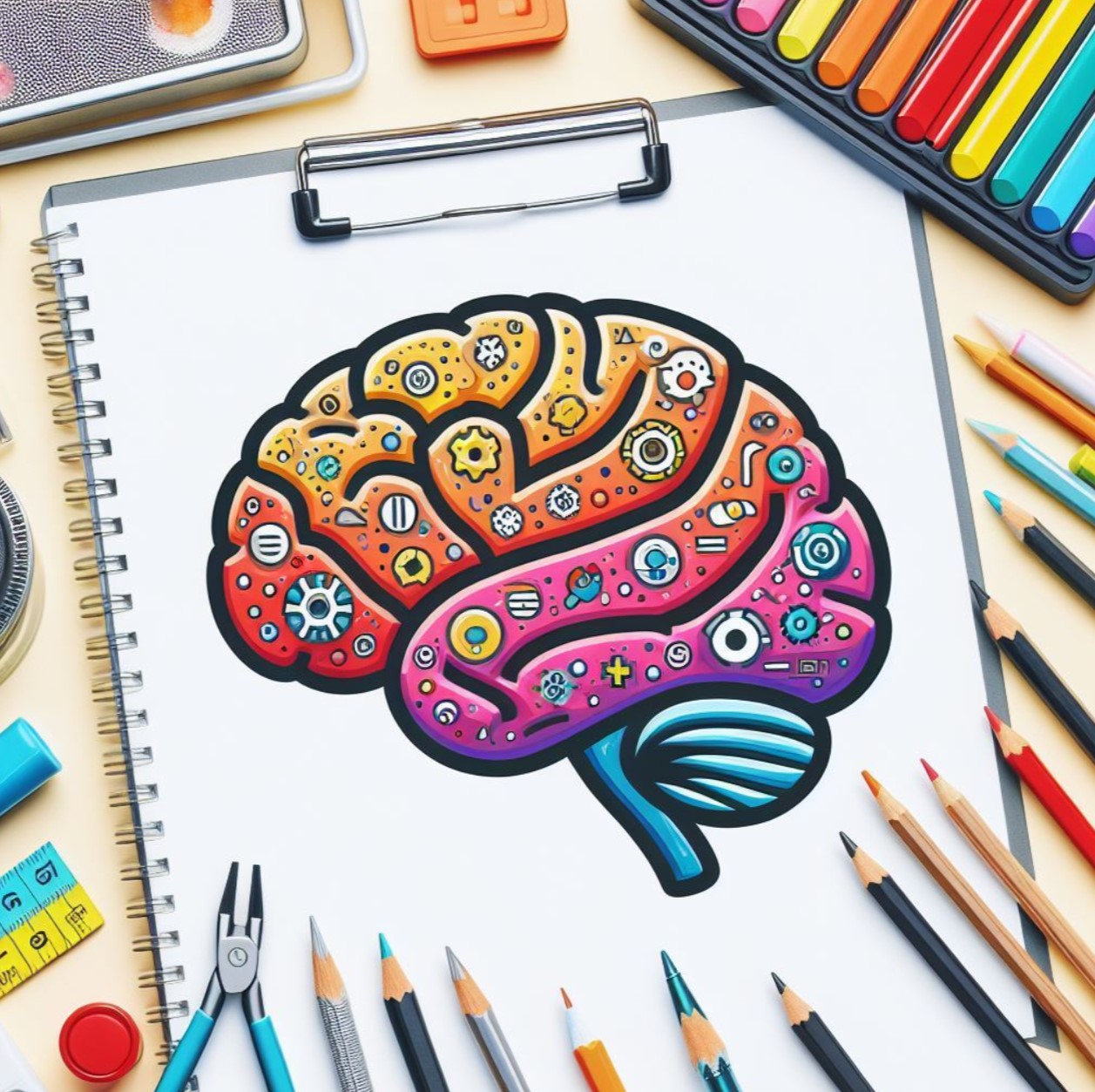ADHD Life Before Psychotropic Medications: Historical Perspectives
Before the development and widespread use of psychotropic medications for ADHD, individuals with the condition faced significant social, educational, and personal challenges. Their behaviors and difficulties were often misinterpreted through moral, character, or intelligence frameworks rather than understood as neurological differences.









